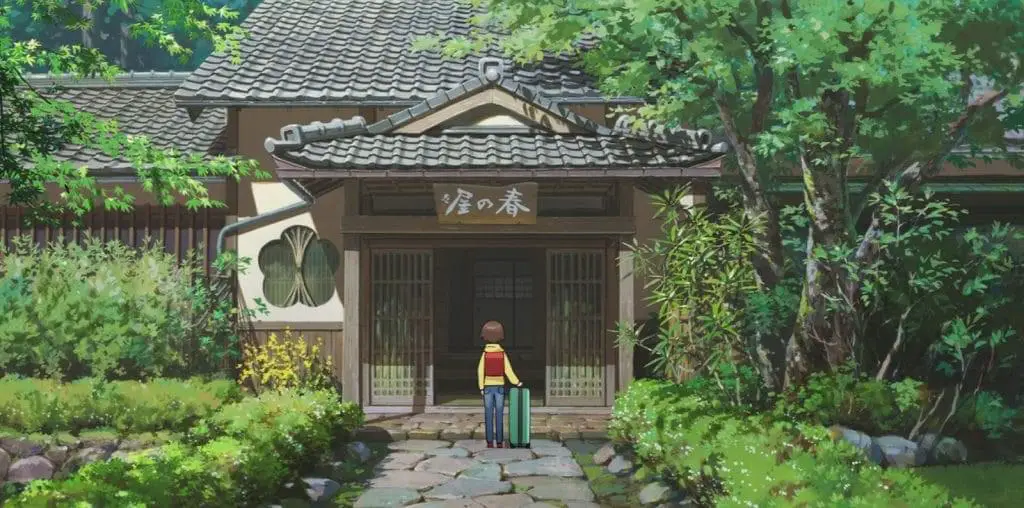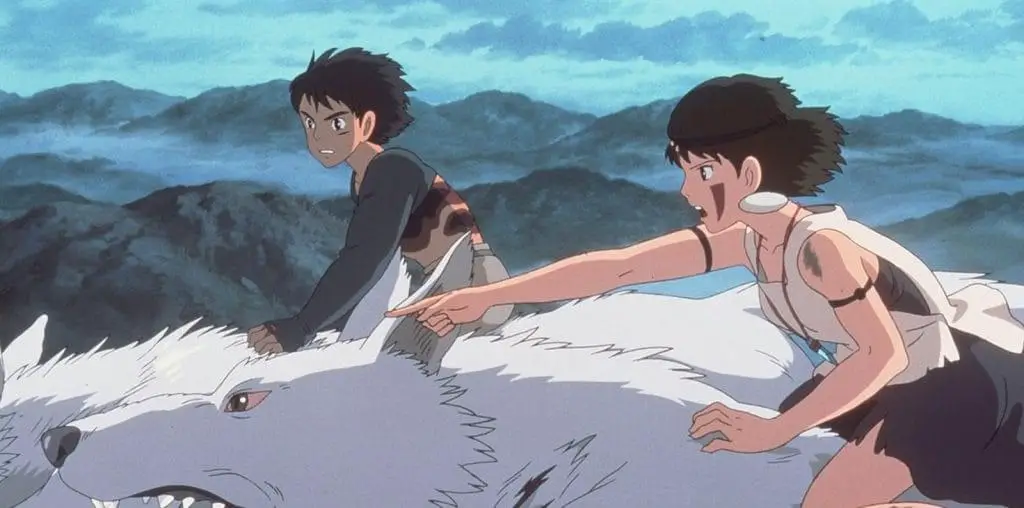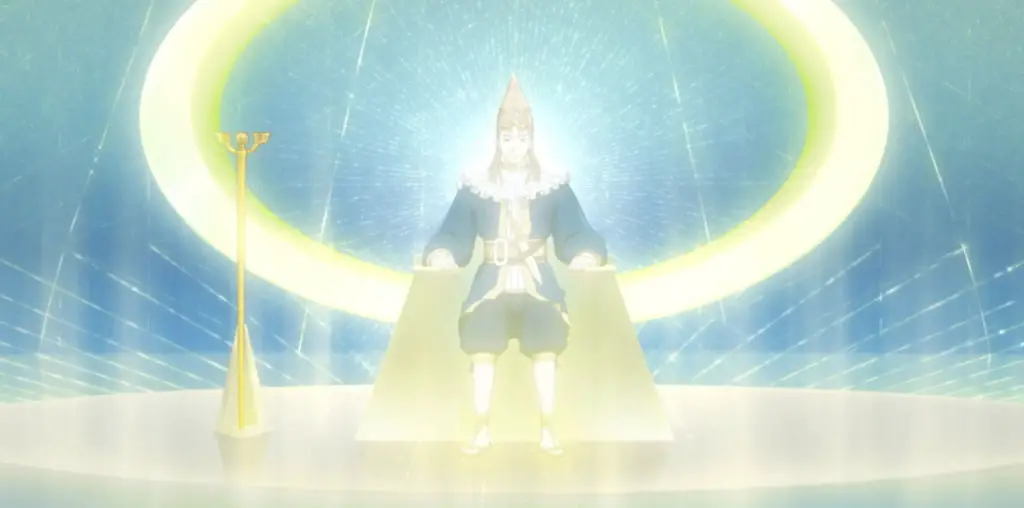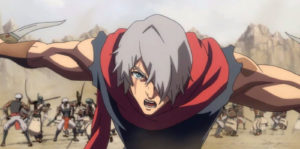
Director Kôbun Shizuno’s ambitious The Journey is a well-made historical anime epic that gets bogged down in battles and history lessons. With production split between Tokyo and Riyadh, the disparate cultural influences are all but palpable and welcome, and the whole thing is visually spectacular. However, a little more character investment and a little less speechifying would have made this film a classic.
Branded and tortured as a child, the raised-by-bandits Aus (Johnny Yong Bosch) struggles to protect his home city of Mecca against evil Abraha’s approaching armies. “He wanted us to be completely broken,” Aus narrates early on. “We decided to fight back.” Vehemently battle-ready, he bears a mark on his shoulder that reminds him there’s “much left to atone for.”
The young man leaves his family, vowing not to return until their city’s safe. He encounters old acquaintances and gets into brawls before joining forces with arrogant warrior Zurara (Bryce Papenbrock) to face the enemy. “Even when we’re drowning, we must hold onto our hope,” Aus states. The finale, featuring bowing elephants, a massive flock of rock-throwing birds, and a collapsing cliff, is beautifully grandiose.
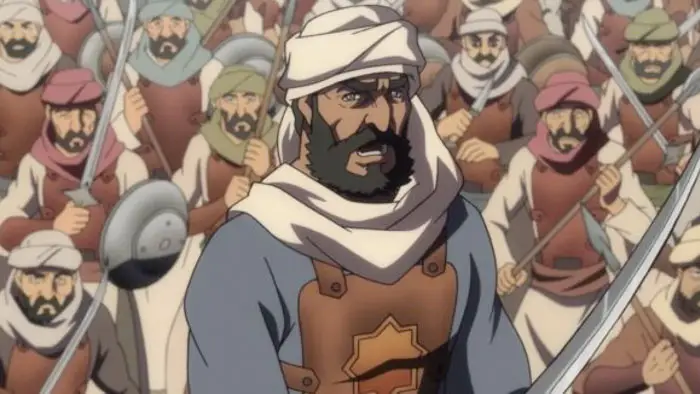
“…Aus struggles to protect his home city of Mecca against evil Abraha’s approaching armies.”
The epic nature of The Journey is announced from the onset, primarily via composer Kaoru Wada’s imposing orchestral score, which by turn complements and overwhelms the story. The (mostly) hand-drawn animation is glorious, harkening back to the good old days of pre-digital anime. A fight scene by a campfire, observed by an entire army, is invigorating, as is the pulse-pounding flashback to Aus’ troubled past. Abraha’s giant brigade of elephants will drop jaws.
The film, written by Atsuhiro Tomioka, is very much focused on battle strategy, introducing a series of leaders, captains, violent clashes, historical flashbacks, and endless inspiring speeches. Aside from Aus and Zurara’s relationship, this leaves little room for characters to truly develop. Themes like overcoming your personal demons before facing real ones are as ancient as the story being told here. Highfalutin lines like, “The greatest losses can guide you to victory,” or “I have to embrace the mistakes of my past if I’m going to have a future,” don’t help.
Viewed as an extended study of war and a vibrant rendering of a little-known piece of history, The Journey can qualify as an unmitigated success. The amalgamation of Arabic and Japanese sensibilities works to the unique film’s advantage. I applaud the ambition, the artistry, and the subject matter; the plot, however, feels like a journey both stretched-out and unfinished.
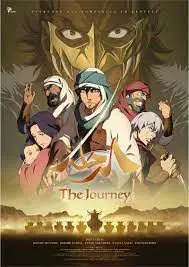
"…visually spectacular."
